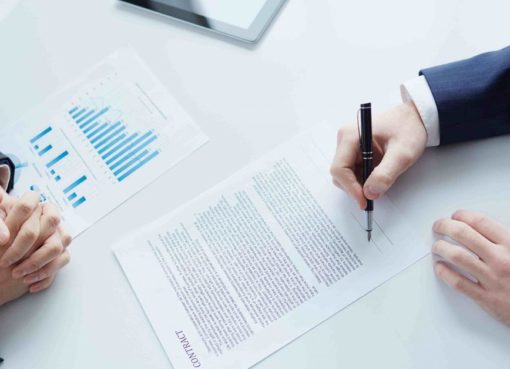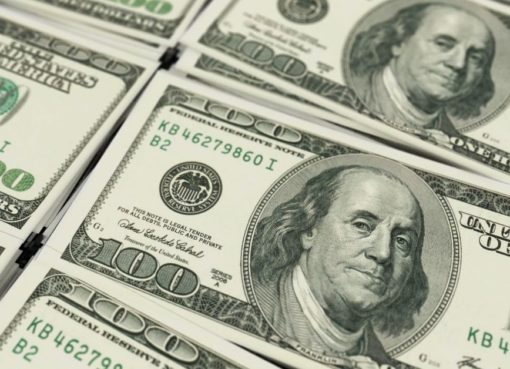According to an analysis of Google searches by Leverage Trading, Nigeria is the “second-highest country in the world for searches related to crypto leverage.” Along with South Africa and Ghana, the West African nation also dominates searches for the term “trade crypto.” Regulators and consumer protection agencies must “provide greater safeguards against predatory practices,” according to a spokesperson for Leverage Trading.
Leveraged Trading and the Risks
Nigeria had the second-highest score (94) globally for searches related to crypto leverage in the past five years, the latest analysis of Google searches conducted by Leverage Trading has shown. According to the analysis, Singapore (100) is the only country that outscored the West African nation when it came to searches “with an emphasis on transactional searches such as ‘how to leverage trade crypto.’”
On the other hand, the analysis shows that Nigeria, along with South Africa and Ghana, dominate Google searches for the term “trade crypto.” When compared with similar searches by U.S. residents, Leverage Trading found that Nigerian searches were four times higher.
According to Investopedia, leveraged trading is the “use of borrowed funds to increase one’s trading position beyond what would be available from their cash balance alone.” While this form of trading can potentially amplify a trader’s profits, it can similarly amplify losses, hence it is not recommended for the inexperienced.
Regulators Told to ‘Provide Greater Safeguards’
However, despite this, African traders are seemingly unperturbed by risks that are associated with leveraged trading. Commenting on the findings which show that Africa has a disproportionately large share of the total global searches for leveraged investment products, a spokesperson for Leverage Trading said:
As technology continues to advance, it is becoming increasingly easier for individuals in emerging markets to access high-risk financial products like leverage trading. While these products can offer the promise of wealth creation, the reality is that they can also lead to devastating losses that perpetuate the cycle of poverty. The risks associated with high leverage and potential losses cannot be overstated, and it is crucial that individuals fully understand these risks before engaging in leverage trading.
The unnamed spokesperson added as financial firms increasingly target individuals in poorer countries, regulators and consumer protection agencies must “provide greater safeguards against predatory practices.”
Meanwhile, from the analysis of searches for different forms of leveraged trading, Leverage Trading found that while Africa is dominant in many leverage trading-related searches, the continent lags behind when it comes to searches for the term “stock leverage.” According to the analysis, this category is dominated by Singapore, Hong Kong, and the United Arab Emirates.
Register your email here to get a weekly update on African news sent to your inbox:
What are your thoughts on this story? Let us know what you think in the comments section below.
Image Credits: Shutterstock, Pixabay, Wiki Commons
Disclaimer: This article is for informational purposes only. It is not a direct offer or solicitation of an offer to buy or sell, or a recommendation or endorsement of any products, services, or companies. Cryptox.trade does not provide investment, tax, legal, or accounting advice. Neither the company nor the author is responsible, directly or indirectly, for any damage or loss caused or alleged to be caused by or in connection with the use of or reliance on any content, goods or services mentioned in this article.



